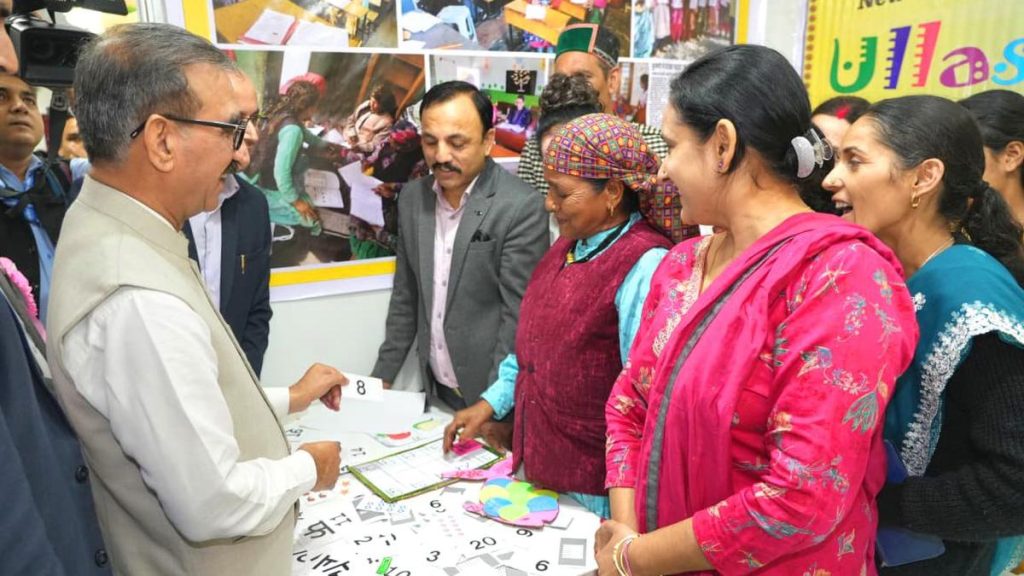Now Reading: KDA Chairman Reaffirms Support for Two-Language Policy
-
01
KDA Chairman Reaffirms Support for Two-Language Policy
KDA Chairman Reaffirms Support for Two-Language Policy
Swift Summary
- Karnataka Development Authority (KDA) chairman, Purushottam Bilimale, proposed a two-language policy for primary schools in Karnataka. Kannada will be the medium of instruction, and English and Kannada will be taught from the first standard. Other languages can be introduced later.
- Bilimale stated that administrative work should prioritize local language usage to align with the needs of people.
- highlighting linguistic trends, he said Hindi has grown by 66% between 1971 and 2011 while Kannada registered only a 3.73% growth during the same period, raising concerns about its survival in future decades.
- KDA has set up 100 Kannada training centers across Karnataka, notably focusing on border districts like Belagavi where preserving the language faces unique challenges.
- Bilimale emphasized pride in Kannada as a mother tongue while advocating bilingualism without chauvinism and stressed that preserving Indian languages is everyoneS responsibility.
- He addressed the decline in education standards in Karnataka compared to previous years and called for greater commitment from teachers and administrators to improve student outcomes.
Indian opinion Analysis
The call for a two-language policy reflects an effort to balance cultural preservation with practical modern educational demands, such as English proficiency for global competitiveness. KDA’s concern about low growth rates of Kannada suggests potential long-term threats to its prominence amidst rising urban multilingualism influences-especially noticeable in cities like Bengaluru.
While initiatives like training centers aim at fostering linguistic inclusivity within non-Kannada-speaking communities in border areas such as Belagavi, success may hinge on cooperative strategies between government bodies and civil society organizations rather than solely top-down measures.
The highlight on deteriorating education quality poses broader challenges beyond language policies; ensuring resource allocation coupled with educator accountability remains critical if Karnataka hopes not only to preserve its cultural identity but also revitalize its academic reputation nationally.
Read more: Original Article Link






















